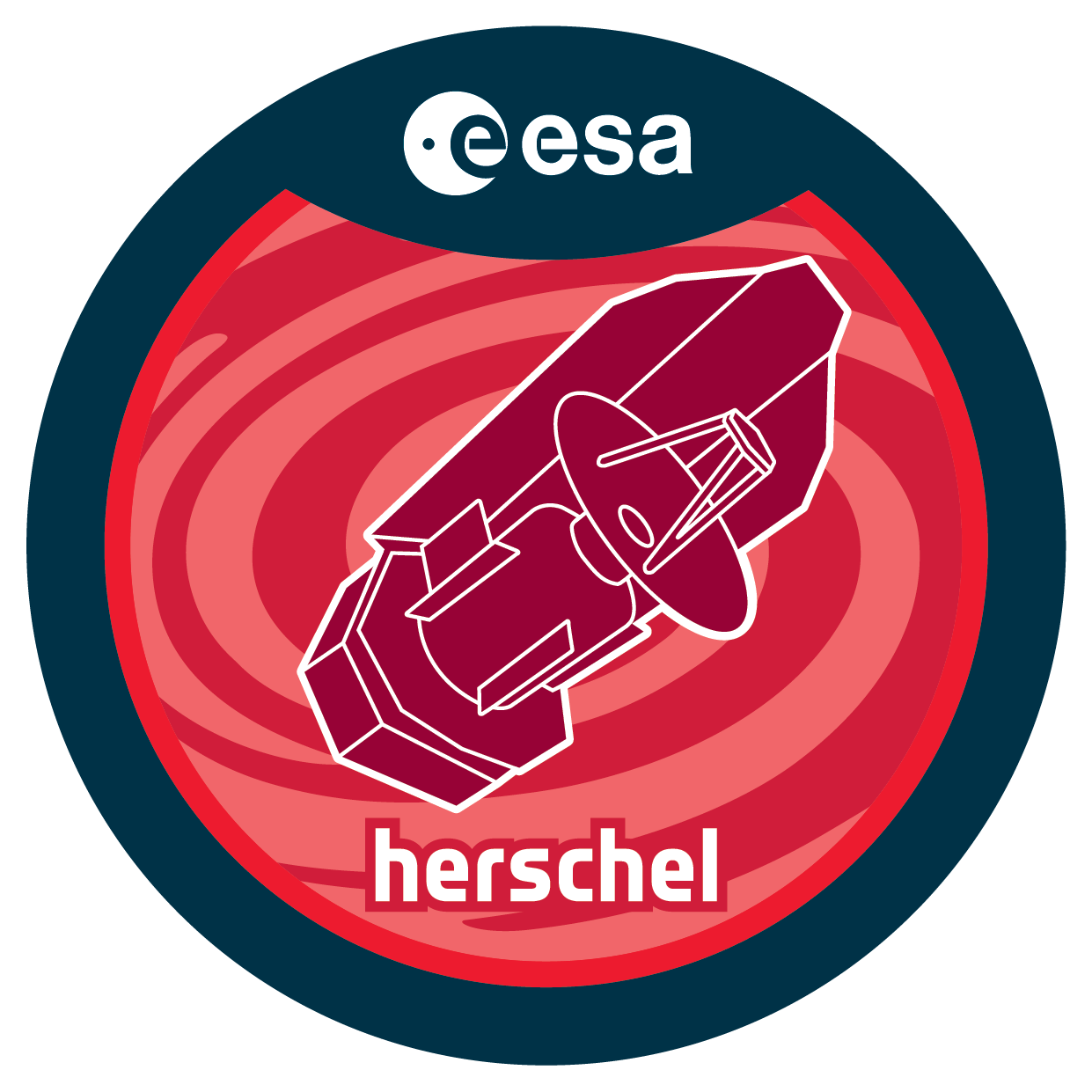| Description |
Stellar mass loss is the main characteristic of the late stages ofstellar evolution. Almost all stars with masses between 1 and 8 solarmasses pass through the Red Giant Branch (RGB) and Asymptotic GiantBranch (AGB). Mass loss on the AGB has been relatively well studiedand is the main subject of the MESS (Mass-loss of Evolved StarS)Herschel GTKP that the proposers are involved in. However, it is knownfrom Horizontal Branch morphology and other indicators that about 0.2solar mass is lost in the RGB, and for stars of low initial mass thisdominates the mass lost on the AGB. Relatively little is known aboutthe mass loss process on the RGB. It has been established that massloss in the form of dust is present at the tip of the RGB, but littleis known about the exact conditions under which dusty winds developnear the tip of the RGB, mainly because the expected excess is small.On the AGB the mass loss is strongly related to pulsation, and alsothe stars at the tip of the RGB that show the largest mass-loss ratesshow pulsation.In this study we propose to obtain PACS and SPIRE photometry for avery well defined sample of 12 field RGB stars with accurate Hipparcosparallaxes for which ground-based optical and NIR photometry areavailable. Ground-based high resolution optical spectra that we willobtain and the optical+NIR photometry will very precisely fix the fluxfrom the central star. We show that we will be able to detect the FIRexcess if it is present, thanks to the accurate absolute fluxcalibration of PACS and SPIRE. We will be able to detect totalmass-loss rates as low as 1.e-9 solar masses/year. This would pushthe existing limit on accurate mass-loss rate determination of RGBstars by an order of magnitude, and will allow us to say how prominentdust mass-loss is on the RGB and its dependence on stellar parameters,thereby potentially improving on Reimers law like recipes in standarduse in stellar evolutionary models. |

